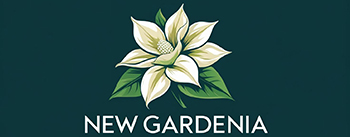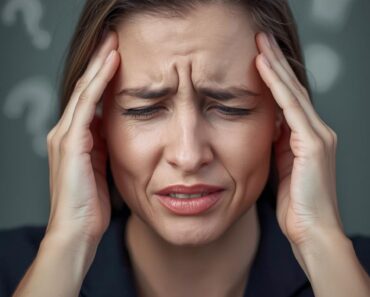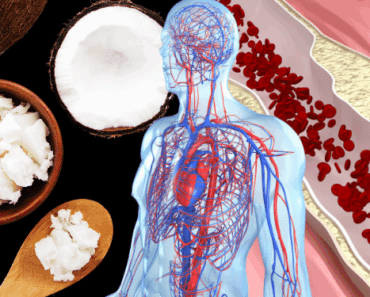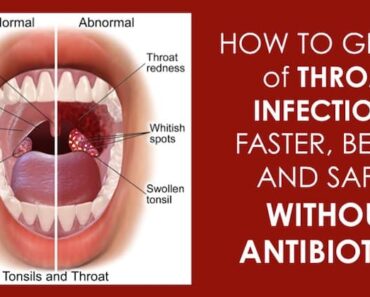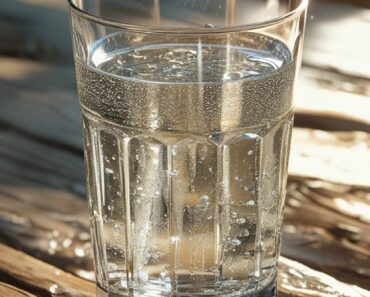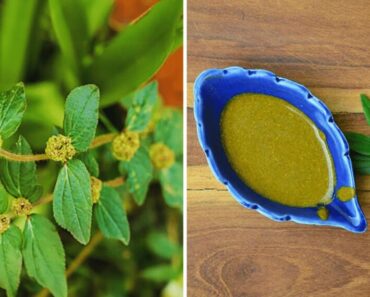Throughout history, alternative healers have promised miracle cures for cancer, but few stories have captured as much global attention as that of Rudolf Breuss, an Austrian naturopath who claimed his unique vegetable juice could make cancer cells die off completely – in just 42 days.
Breuss boldly stated his juice fast cured over 45,000 people from cancer, sparking hope, curiosity, and fierce medical debate. But is there truth behind these claims, or is it simply wishful thinking?
Here’s everything you need to know about the famous Breuss Juice – from its ingredients to the controversy surrounding its supposed cancer-curing powers.
Who Was Rudolf Breuss?
Rudolf Breuss (1899–1990) was an Austrian naturopath and alternative healer who devoted his life to natural medicine. In the 1970s, he published a book titled “The Breuss Cancer Cure”, detailing his radical belief that cancer cells could not survive on vegetable juice alone.
Breuss claimed cancer feeds exclusively on solid proteins. By eliminating solid food entirely for 42 days and drinking only a specific juice blend and herbal teas, he believed cancer cells would starve and die, while healthy cells would survive.
His treatment became famous worldwide, particularly in German-speaking countries, with tens of thousands of people reportedly attempting the cure.
The Breuss Juice Recipe: What’s In It?
The Breuss Juice isn’t just any vegetable juice. It’s a precise mix of:
-
Beetroot (55%) – The primary ingredient, rich in betalains and antioxidants.
-
Carrots (20%) – High in beta-carotene, supporting immune health.
-
Celery root (20%) – Said to have cleansing properties.
-
Radish (3%) – Believed to aid liver detoxification.
-
Potato (2%) – Sometimes omitted, depending on cancer type.
Breuss insisted juices be freshly pressed and consumed slowly — no more than 250 ml (about 8 oz.) per day. Herbal teas were also an essential part of his protocol.
The 42-Day Breuss Cancer Cure
Here’s how the Breuss cure works:
-
No solid food for 42 days.
-
Only vegetable juices and specific herbal teas are consumed.
-
Small sips of juice are taken throughout the day.
-
Herbal teas target different organs (e.g., kidney tea, sage tea).
-
Total daily intake of juice limited to 250 ml.
Breuss claimed thousands were cured by his method. However, these “cures” were mostly self-reported cases without medical documentation.
Breuss’s Claims: Over 45,000 Cured?
In his writings, Breuss said:
“Over 45,000 people have been cured of cancer and other diseases using my methods.”
This figure has been widely repeated online, sometimes morphing into sensational headlines like “Cancer Cells Die in 42 Days!”
However, no scientific studies exist proving the Breuss Juice fast can cure cancer. The medical community largely considers these claims anecdotal and unverified.
What Does Science Say?
So far, modern medicine has not confirmed any cancer-curing properties of Breuss Juice. Here’s why:
-
Cancer cells don’t survive or die simply because someone stops eating solid food.
-
Prolonged juice-only diets can cause severe malnutrition, weight loss, and organ damage — especially dangerous for cancer patients.
-
No clinical trials have demonstrated that the Breuss Juice fast shrinks tumors or improves survival rates.
Leading cancer organizations, including the American Cancer Society, caution strongly against substituting alternative diets for proven cancer treatments.
Potential Risks of the Breuss Juice Fast
Despite its popularity, the Breuss method carries serious risks:
-
Malnutrition: Juice lacks essential proteins, fats, and vitamins needed for healing and immune function.
-
Extreme weight loss: Dangerous for cancer patients who may already be underweight.
-
Electrolyte imbalances: Leading to heart or kidney problems.
-
Delayed treatment: Relying on alternative cures can postpone effective medical care.
Doctors emphasize that even a few weeks of undernutrition can drastically weaken a cancer patient’s body.
Why Do People Still Try It?
Many desperate patients turn to alternative treatments for several reasons:
-
Fear of chemotherapy or radiation side effects
-
Hope for a natural cure
-
Personal stories from others claiming success
-
Desire for control over their own healing
While the Breuss protocol appeals to those seeking natural approaches, it’s essential to remember that anecdotes are not proof.
Can Breuss Juice Be Part of a Healthy Diet?
Vegetable juices can be nutritious in moderation. Ingredients like beetroot, carrots, and celery are rich in antioxidants, vitamins, and minerals that support health.
But there’s a huge difference between adding juices to a balanced diet – and using them as the sole source of nutrition for 42 days.
If cancer patients wish to include juices, they should:
✅ Discuss it with their oncologist or dietitian.
✅ Use juices as a supplement, not a replacement for meals.
✅ Avoid extreme fasting.
The Bottom Line: Hope or Hype?
There’s no denying that Rudolf Breuss inspired hope for many. But hope should not replace evidence-based medicine.
While vegetable juices can be healthy, the idea that cancer cells simply die off in 42 days from a juice fast is not scientifically proven.
If you or someone you love is considering alternative cancer treatments:
-
Always consult a doctor.
-
Don’t stop conventional therapies without medical advice.
-
Be cautious of miracle cure claims.
Rudolf Breuss’s juice fast is one of the most famous alternative cancer therapies ever proposed. But despite the headlines, there’s no scientific proof that it can cure cancer.
It’s crucial to seek evidence-based medical care and discuss any alternative treatments with qualified professionals.
Disclaimer: This article is for informational purposes only. It is not medical advice. Always speak with your doctor about any treatments for cancer or other serious illnesses.
 Disclosure: Every piece of content is reviewed, fact-checked, and edited by these editors to confirm that all quality standards are met. Read Our Editorial Guidelines Policy.
Disclosure: Every piece of content is reviewed, fact-checked, and edited by these editors to confirm that all quality standards are met. Read Our Editorial Guidelines Policy. 